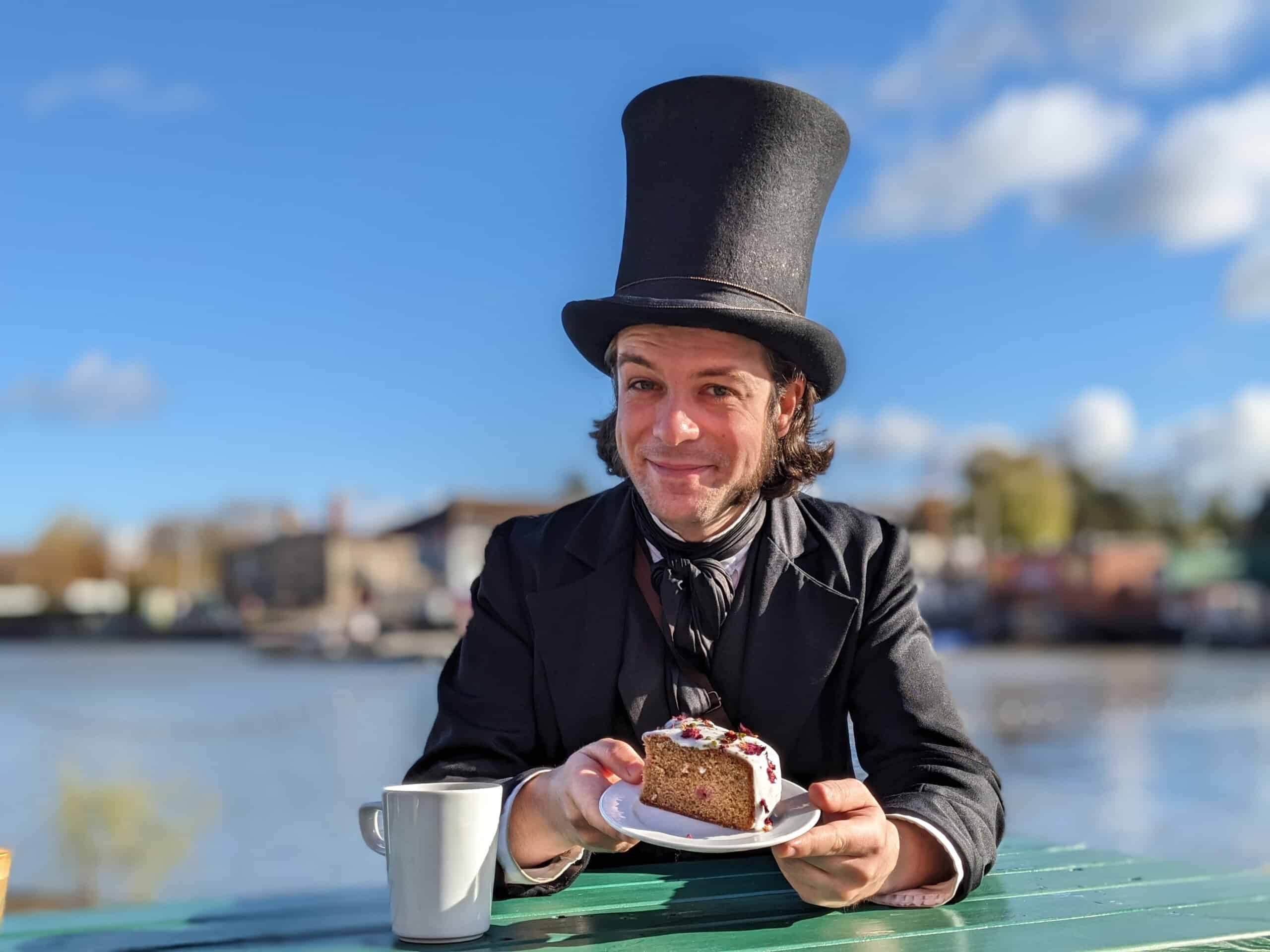Who wrote one of the first influential cookbooks of all time? Director of Interpretation, Collections and Education, Rhian Tritton discusses Victorian bakers, trends and Showstoppers.
I’d like you to meet two important personalities in the world of cookery: a charismatic, confident (whisper it, arrogant) man who doesn’t suffer fools gladly; and a sensible, straightforward woman who always tries to encourage her students. No, not Paul Hollywood and Prue Leith, but their Victorian counterparts Alexis Soyer and Eliza Acton.
Though not household names now, they were the celebrity chefs of their day and revolutionised nineteenth century cookery. Soyer, chef at London’s Reform Club, pioneered cooking with gas and also wrote a raft of cookery books to help the working classes feed themselves cheaply and nutritiously. The travelling stove he invented for the army (staggeringly in use until 1982) was probably part of the kit carried on ss Great Britain by the troops going to fight in the Crimean War.
Enter any bookshop and you’ll be dazzled by a smorgasbord of cookery books. But without Eliza Acton’s ‘Modern Cookery for Private Families’ Delia, Nigella and Jamie would be out of a job. Acton was the first to provide lists of ingredients, a step-by-step method, and suggestions of things that might go wrong. She offered the young married woman a blueprint for every one of the multitude of meals that Victorian convention demanded, including the newly fashionable afternoon tea.
Afternoon tea became popular in the 1840s, when the fashionable classes took to eating dinner later in the evening, and from this need for a bite of something to keep you going grew a glorious abundance of sandwiches, pies and, of course, cakes. Cakes became increasingly elaborate during the 1850s after the invention of baking powder, which meant stodgy was out and fluffy was in. Cakes such as seed cake, whose honest density had been sustaining us since the sixteenth century, were replaced by the flighty, light-as-a-feather Savoy biscuit.
The Victorians adored afternoon tea so much that they even marked important occasions, such as a couple’s engagement, with huge, lavish formal tea receptions. These were ‘tea’ in name only, with champagne punch, cocktails, trifles, elaborate pastries and beautifully moulded ice creams the order of the day. So Paul and Prue may think that the Great British Bake-Off invented the Showstopper but in this, as in so many other things, the Victorians got there first.
Author: Rhian Tritton, Director of Interpretation, Collections and Education




